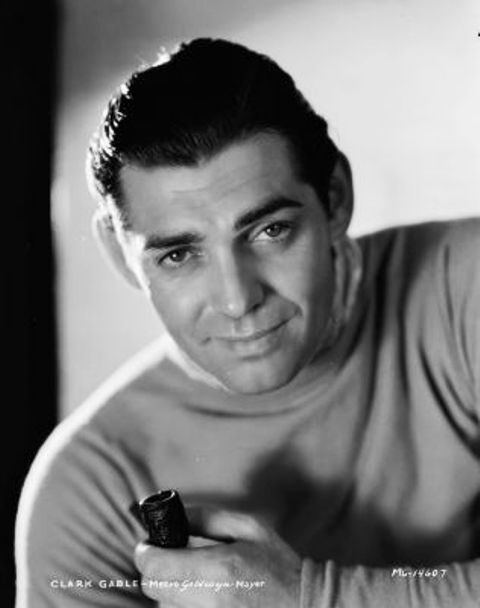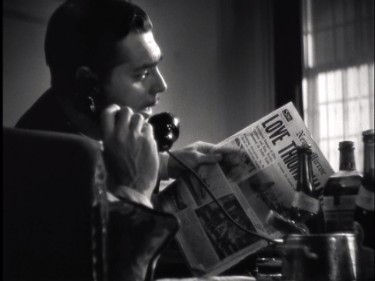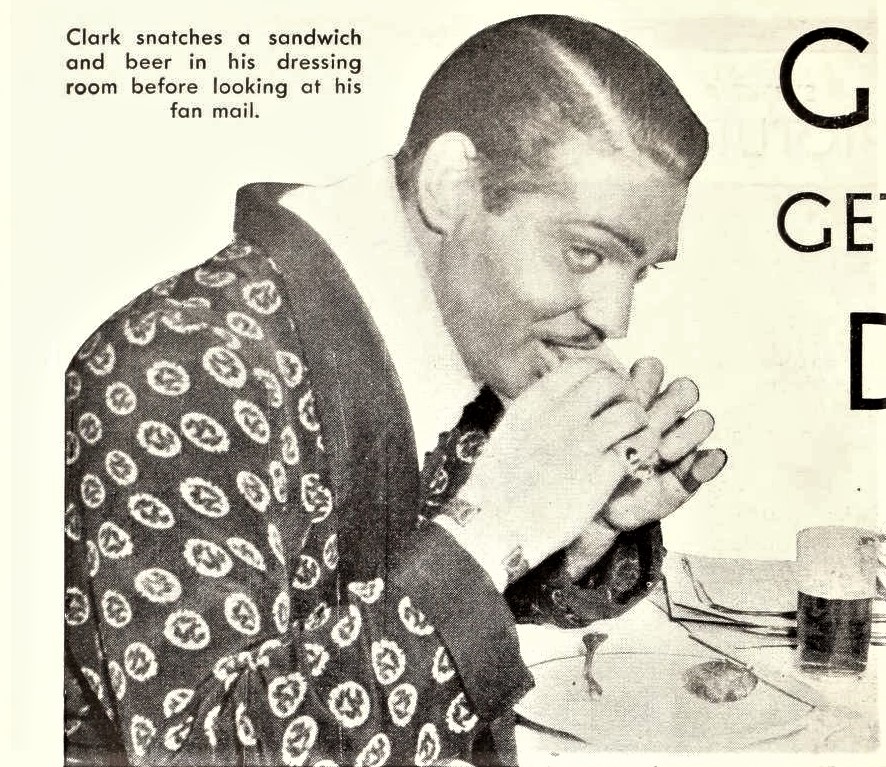{New Article} 1932: Will Clark Gable Last?
It’s interesting to read what public opinion was when Clark Gable was just a newcomer. This article from raises the question if Clark has staying power as a star or not, based only on his weak resume at the time.
Clark, like Garbo, introduced a new vogue in screen personality. He became the pattern from which screen idols who followed him were moulded. He is the epitome of the ruthless, handsome, knock-‘em-down, treat-‘em-rough he-man, the strong, virile, modern cave man. And not only women in Keokuk and Medicine Hat went crazy about Clark, but the actresses of Hollywood as well. Once he had become a sensation, Hollywood backed up the public’s preference.
Now, just as long as women remain interested in that type of man, he will last—provided the studios give him that type of role.
But when women change their minds?
When a new screen hero comes to replace the old—what then? Will Clark Gable be able to change his type of screen behavior? Why not be honest about it! Can he act—as Leslie Howard can, for example?
There were numerous protests from his vast public when he played the role of a minister in “Polly of the Circus.” Those who have seen “Strange Interlude” in which he has one of the greatest acting chances of the screen, say that Norma Shearer tucks the picture under her arm and leisurely walks away from it. This is not so much a discredit to Clark as it is a tribute to Norma’s superb acting.
Whether Clark wears the garb of a minister or changes, as he goes in “Strange Interlude”, from a young man to an old man, he remains Clark Gable, they say. Costume, make-up, characterization—all are submerged in his own personality. Leslie Howard, on the other hand, has already proved that he can play a variety of roles.
I can’t help but snicker at this comparison to Leslie Howard—as, no offense to Leslie, but I would definitely not consider him a versatile actor by any stretch. And I don’t think you could find anyone who claims he stole the show away from Clark with his portrayal of Ashley in Gone with the Wind! But this article is right–women did change their minds. After World War II and into the 1950’s, Clark became part of the old school and the young women had posters of Van Johnson, Eddie Fisher and Elvis Presley on their walls. And Clark did lose signficant footing on the ladder of stars. But forgotten? Nope.
I doubt if he can change any more than he has—either as an actual person or a screen type.
Therefore I repeat that he will last just as long as women accept him as he is and just as long as the film companies give him typical Clark Gable roles.
When the powers that be try to make him versatile and allow him to step out of the character that he has created, his days will be over.
For, powerful as the camera is, it can’t give Clark qualities which he does not have!
That’s a bit harsh! But interesting. When Clark did step out of the box of his typical roles to make Parnell, he did indeed fail and it was an embarrassing flop. After that he felt that he had let his public down and he scurried back into the safe rabbit hole MGM had made for him. But I have always felt that if Clark had really stepped up to the plate and taken a real shot at a big dramatic role, he could have done it well. I think The Misfits could have been a foreshadowing of a great career as an older actor.
You can read the article in its entirety in The Article Archive.




One Comment
Vincent
By the time this article came out, MGM already had begun reshaping Gable’s persona from the tough brute of “A Free Soul” and “Night Nurse” (true, the latter was a Warners film) into more sympathetic, multi-dimensional roles that would help secure his popularity. By mid-decade, he was making movies such as “Mutiny On The Bounty” that you could never have imagined him doing in 1931.